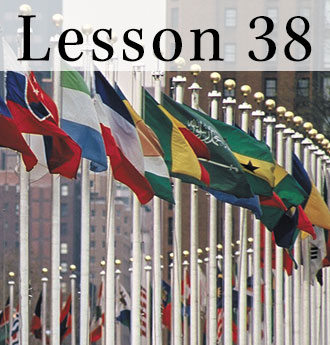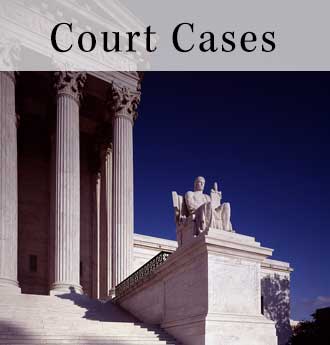Lesson 38: What Are the Challenges of the Participation of the United States in World Affairs?
Machiavelli, Niccolo di (1469-1527) Niccolo di Bernardo dei Machiavelli was an Italian political philosopher and diplomat. A central figure in the political Renaissance, he wrote The Prince and discourses on Livy. He is most famous for The Prince, which describes how political leaders can get, keep, and expand political power. Machiavelli believed that political ends justify whatever means—including cruelty—are required to achieve them. He famously observed that it is safer for a prince to be feared than loved.
Washington, George (1732-1799) George Washington was born in Virginia in 1732. He grew up there on several plantations along the Potomac and Rappahannock Rivers. He was not particularly well educated, but did learn surveying. In 1753, he began his service to the country, which was to continue throughout his life, despite his desire to live a more private existence. Washington's efforts as commander of the Continental Army are well known. After the Treaty of Paris was signed in 1783, Washington returned to his home, Mount Vernon. Although he did not initially want to attend the Philadelphia Convention, his friends convinced him that his presence was necessary. He was elected president of the convention but spoke little. His presence and approval, however, were important. Nearly everyone assumed that Washington would be the first president of the United States, which, of course, he was, serving from 1789-1797.








